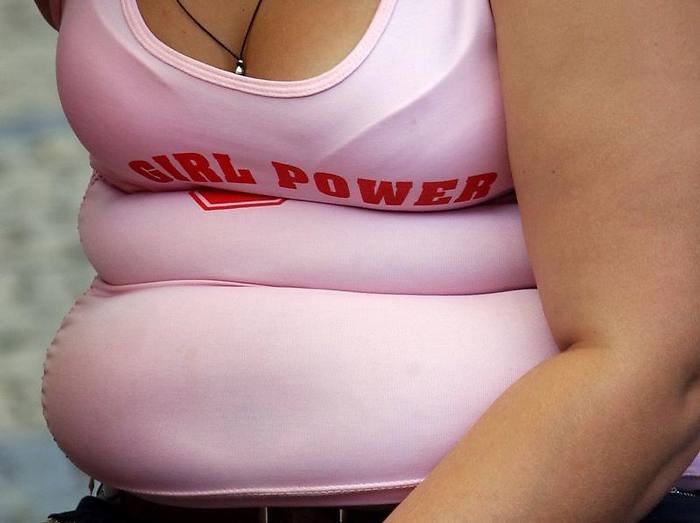Gender: Women are more likely to develop breast cancer than men.
Genetics: Nearly ten percent of all breast cancer cases are linked to heredity or genetic factors (involving genetic mutations that lead to abnormal cell growth). If you have close relatives (especially a mother or sister) who have had breast cancer, you are more likely to get the disease as well.
History of Breast Cancer: If you have cancer in one breast, the risk of developing cancer in the other breast is four times higher.
Race and Ethnicity: White women are more prone to developing breast cancer than African-America women. Hispanic, Native American, and Asian women have a relatively low risk of developing this disease.
Dense Breast Tissue: If you have breast tissue that is more dense than normal (this is normally detected on a mammogram), you have a higher risk of Breast Cancer.
Benign Breast Conditions: Benign breast conditions such as cysts, fat necrosis, papilloma, benign phyllodes tumor, and an overgrowth of breast tissue are linked with the increased risk of breast cancer.

Menstrual Periods: If you started menstruating earlier or went through a late menopause, there is a higher risk of breast cancer due to the longer exposure to estrogen and progesterone hormones and their effects on the body.
Previous Chest Radiation: Previous radiation therapy to treat other cancers can significantly increase the risk of breast cancer. If radiation was administered on the chest prior to the breasts developing (before puberty), the risks are even higher.
Diethylstilbestrol Exposure: Diethylstilbestrol (DES) is a drug given to women in their 40s through to their 60s to prevent a miscarriage. A woman who has taken this drug or who have mothers who have taken the drug are at a slightly higher risk of developing breast cancer.
Oral Contraceptive Use: Using birth control pills increases the risk of cancer. The longer you stay off oral contraceptive pills, the better the chances of the risk going back to normal.
Hormone Therapy after Menopause: Hormone therapy used to treat the symptoms of menopause can increase the risk of breast cancer.
Alcohol: There is a definite link between breast cancer and alcohol consumption. The more alcohol consumed on a daily basis, the greater the risk of breast cancer developing.
Being Overweight or Obese: Obesity increases the chances of developing breast cancer especially after menopause. Studies indicate that this is probably because of the associated increase in estrogen levels.
Physical Activity: A sedentary lifestyle is directly linked with obesity and increases the risk of breast cancer.
Chemicals and Toxins in the Environment: A lot of research is being conducted on the effects of the environment on breast cancer risk. Studies indicate that certain pesticides and chemicals may be linked to breast cancer but as of now more conclusive evidence is still required.

![Diseases, Symptoms, tcm, [tcmwindow.com]](/uploadFile/adImg/2015/11/11/f5cbfcc0-4df5-4646-9b9a-f316651a0199.jpg)





